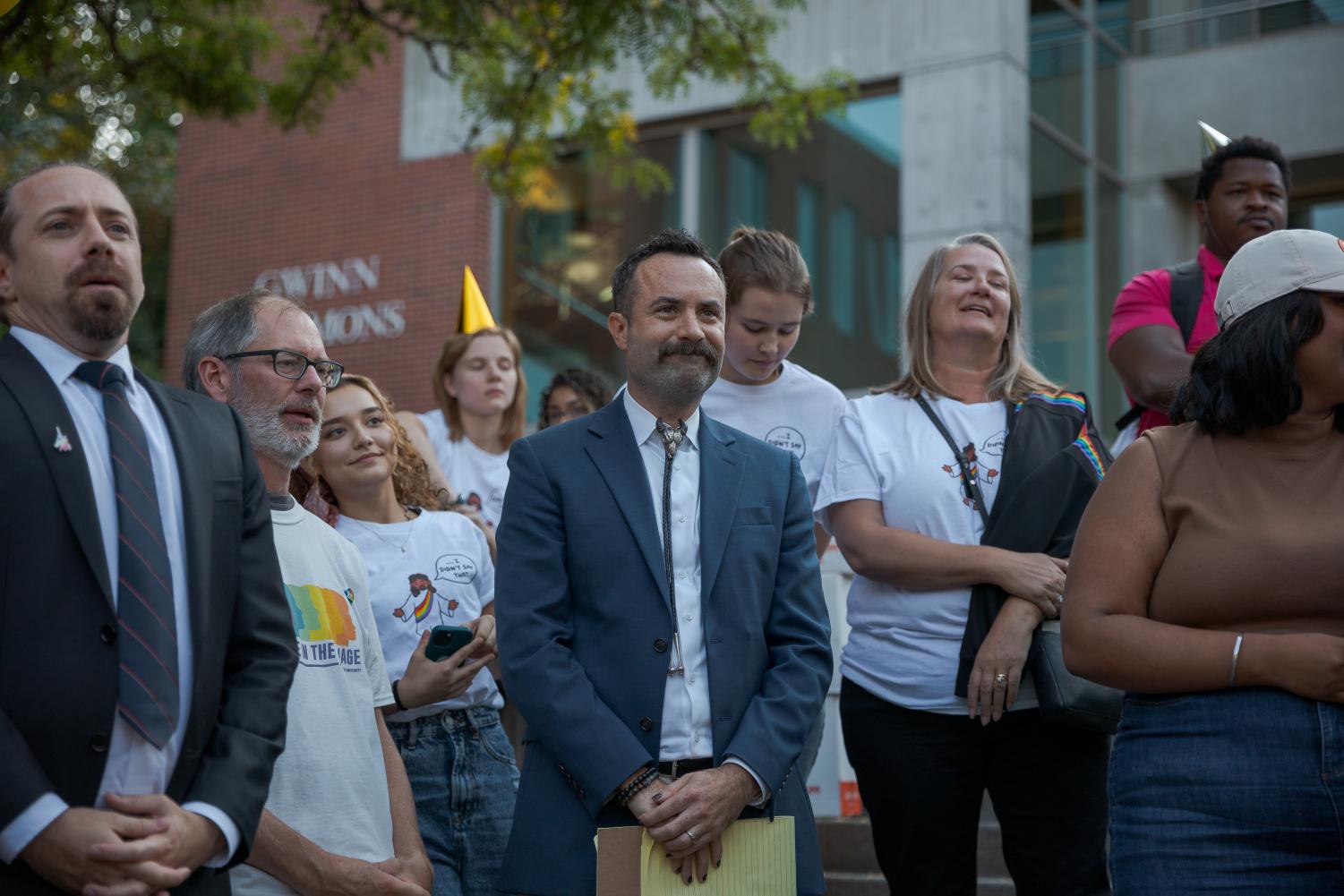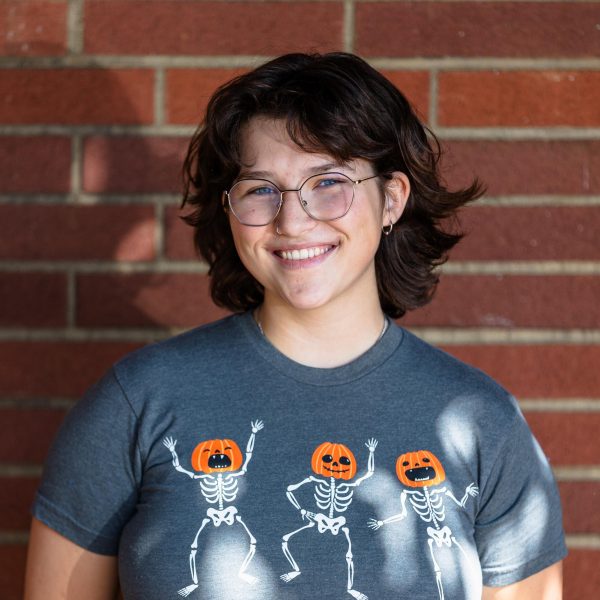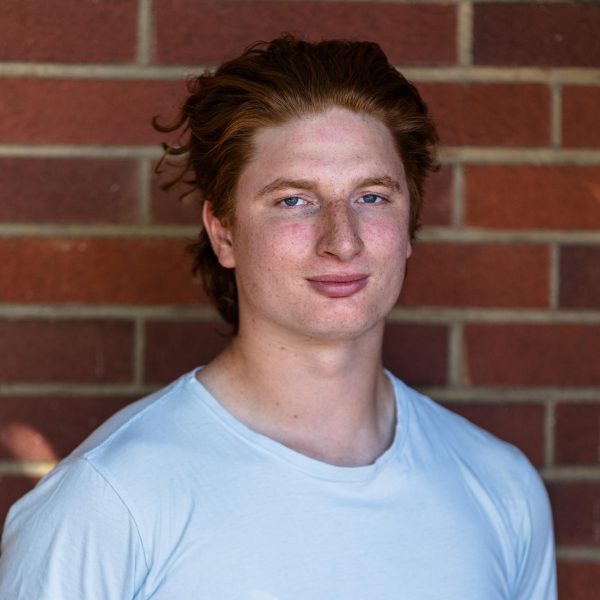First Guillot v. Whitehead hearing draws near
What to know: Defendants and plaintiffs will take their cases to court
February 15, 2023

Plaintiffs and defendants in the Guillot v. Whitehead lawsuit will present their cases before a judge on Feb. 17, 2023, commencing the start of the trial. The defendants, all members of Seattle Pacific University’s board of trustees and affiliated with the Free Methodist Church, filed a motion to dismiss the case, responded to by the plaintiffs with an opposition brief.
Paul Southwick, director of the Religious Exemption Accountability Project and lead attorney for the plaintiffs, will argue for the case to continue.
“On Feb. 17, you’re gonna see the lawyers for both sides arguing about whether the case should stay or go. The judge could rule and say [the] case is over or [the] case goes forward,” Southwick said.
Friday’s hearing is largely a prerequisite to the actual trial, set to determine whether the suit will move forward at all. The defendants’ recent motion to dismiss the case include claims to Washington State’s Uniform Public Expression Protection Act (UPEPA), which protects free speech, assembly and association from abusive legal action. UPEPA is mostly invoked to protect journalistic publications from extensive defamation lawsuits that could impair free press.
“This lawsuit targets defendants’ speech, assembly and association and therefore falls squarely within UPEPA,” the defendants’ motion to dismiss reads. “Specifically, the suit seeks to punish defendants for exercising their duties as members of the governing body of a religious institution.”
The defendants’ invocation of UPEPA could potentially land all legal fees on the plaintiffs.
“If we lose, the trustees are basically suing the students for attorneys fees. It puts a lot more pressure,” Southwick said. “Some of our plaintiffs had to back out, but most, even under that threat of a financial penalty, felt strongly enough about continuing on.”
The plaintiff team will argue during Feb. 17’s hearing that UPEPA does not apply to the defendants, grounded in the claim that plaintiffs are not attempting to suppress defendants’ free speech but expose their alleged misconduct.
“There’s an exception to the UPEPA statute; it only protects constitutionally protected speech. Fraud and deceit are not constitutionally protected,” Southwick said.
As the anti-LGBTQIA+ hiring policy came to light, the board organized and supported work groups to seek reform options. Southwick and his team, focusing on an alleged breach of fiduciary duty, will argue that the board knowingly deceived work groups, never intending to allow such reform to actually take place. Southwick will draw on evidence of dialogue and documentation.
“Plaintiffs allege that defendants … made deceitful promises of future performance that they knew, or reasonably should have known, induced plaintiffs to act to their detriment,” reads the plaintiffs’ opposition brief, the response to defendants’ motion to dismiss. “Plaintiffs would not have stayed at SPU, or undertaken labor for the work groups, had they not been induced by defendants to believe that reform options were on the table.”
Lynette Bikos, associate dean of research in the School of Psychology, Family, and Community at SPU and plaintiff in the case, is one of two faculty members remaining on the plaintiff team.
“The [opposition brief] that our team filed makes our case in a clear and tight and compelling way. Another plaintiff and I, when we read it, it brought us to tears. It is really the essence of the truth of what happened and why we’re fighting so hard,” Bikos said. “I would really encourage that the average person on the streets read that.”
Defendants will also argue that the case ought to be dismissed on grounds of plaintiffs’ individual lack of standing — a lack of proven harm and experience connected to the charges levied.
“There will be an argument over whether or not our clients are essentially suitable to be plaintiffs in a case like this,” Southwick said. “Our clients are students, alumni, faculty, staff, so we argue that they have that kind of unique interest. What’s going on is affecting them.”
The defendants’ next big argument lies within the church autonomy doctrine, which protects religious institutions’ ability to run themselves without government interference. The board’s assembly, doctrines and policies are argued to be outside the realm of the court.
Plaintiffs will argue that because SPU is not a church but a church-affiliated institution – financial and state accredited in nature – the church autonomy doctrine does not apply.
“We are not telling the court that they need to change SPU’s hiring policy. We are telling the court that the trustees subverted a process that they agreed to. The church autonomy doctrine doesn’t apply if the religious leaders have engaged in fraud,” Southwick said.
Plaintiffs will focus on the board’s alleged breach of fiduciary duty and deceit as they argue against UPEPA, the church autonomy doctrine, and the defendants’ general motion to dismiss.
“We, the community, believed Interim President Menjares and the board representatives when they said they were building out this process that included the LGBTQ working group,” Bikos said. “There was so much hope that there could be change, but the defendants knowingly planned to never change. We’ll see if the judge agrees.”
SPU does not have any new comments on the issue.


























































































